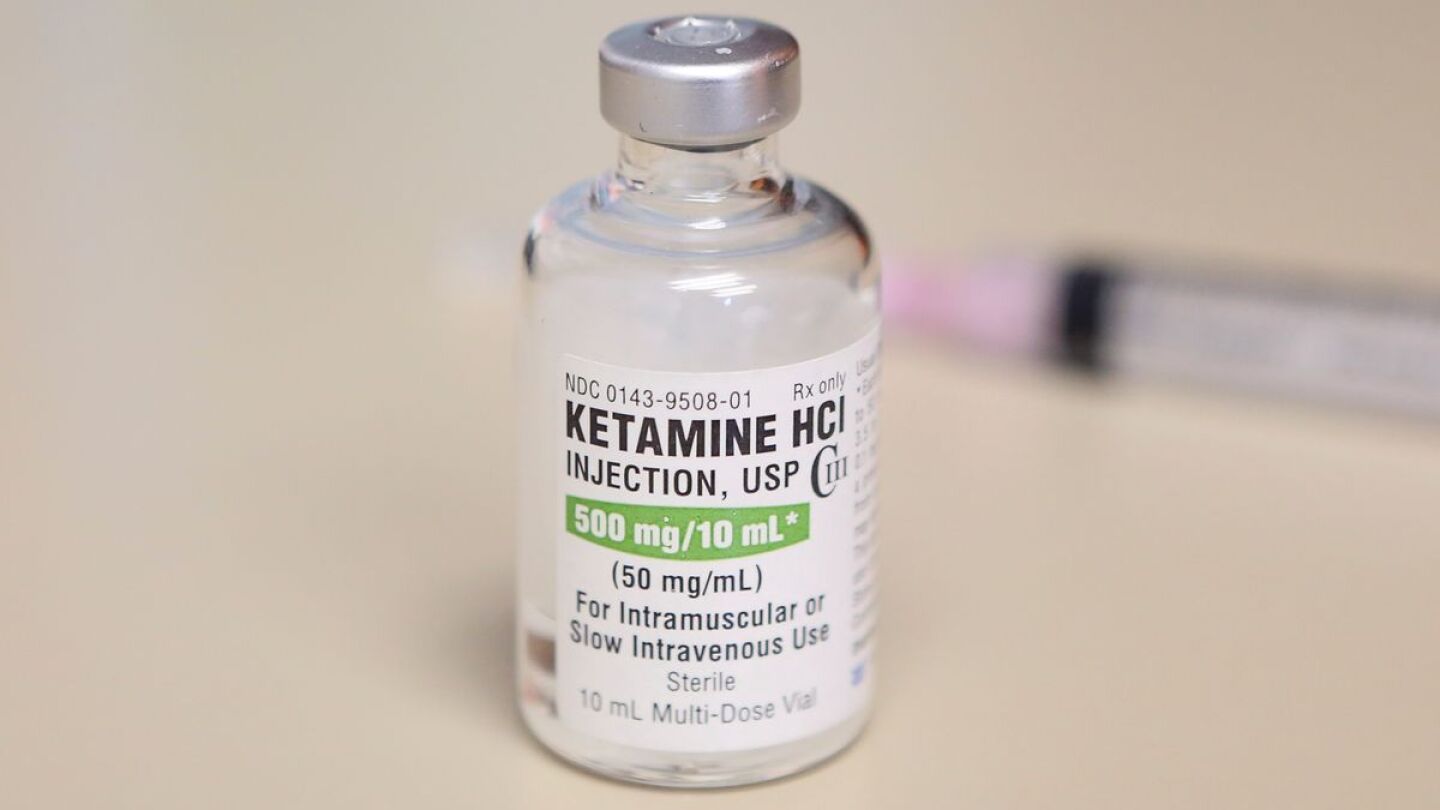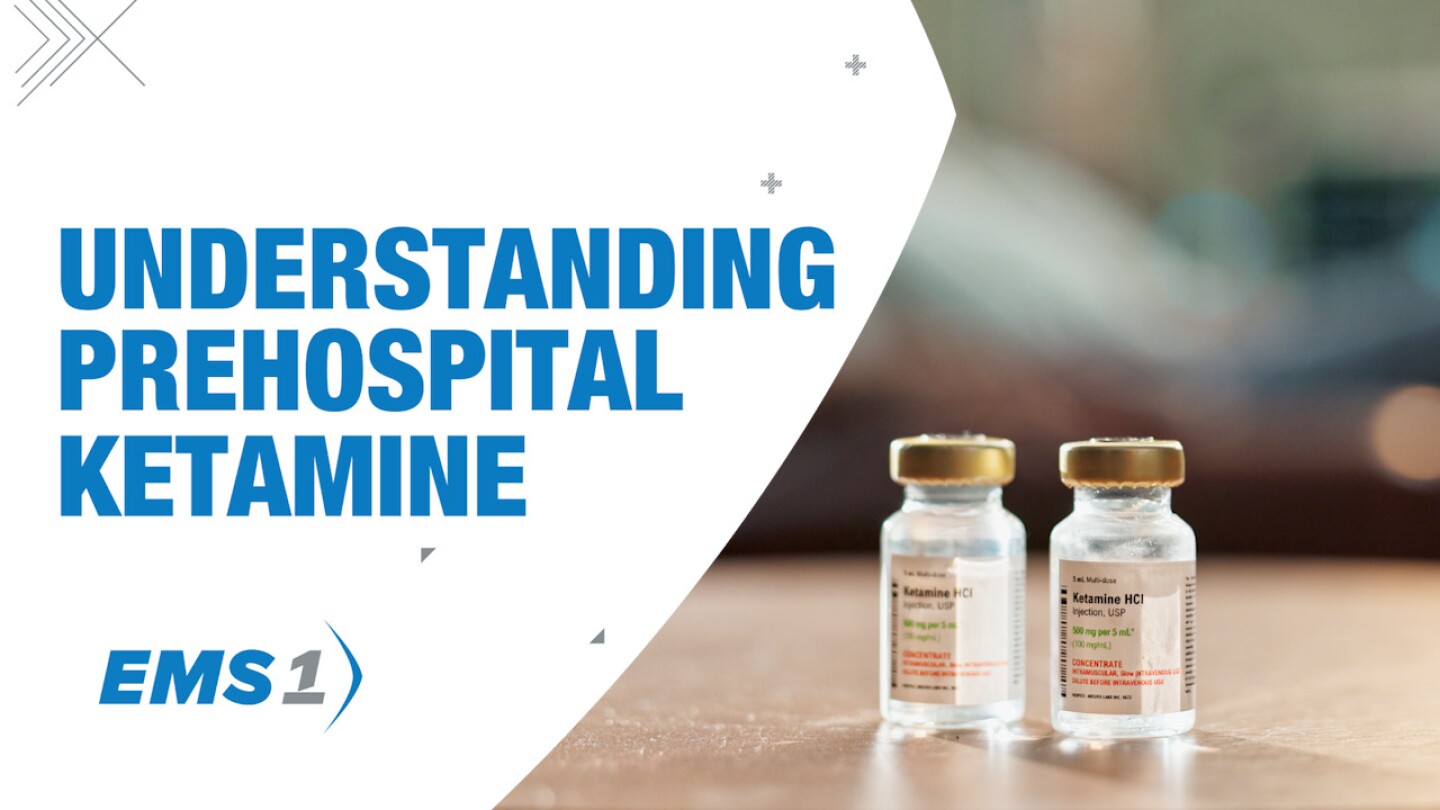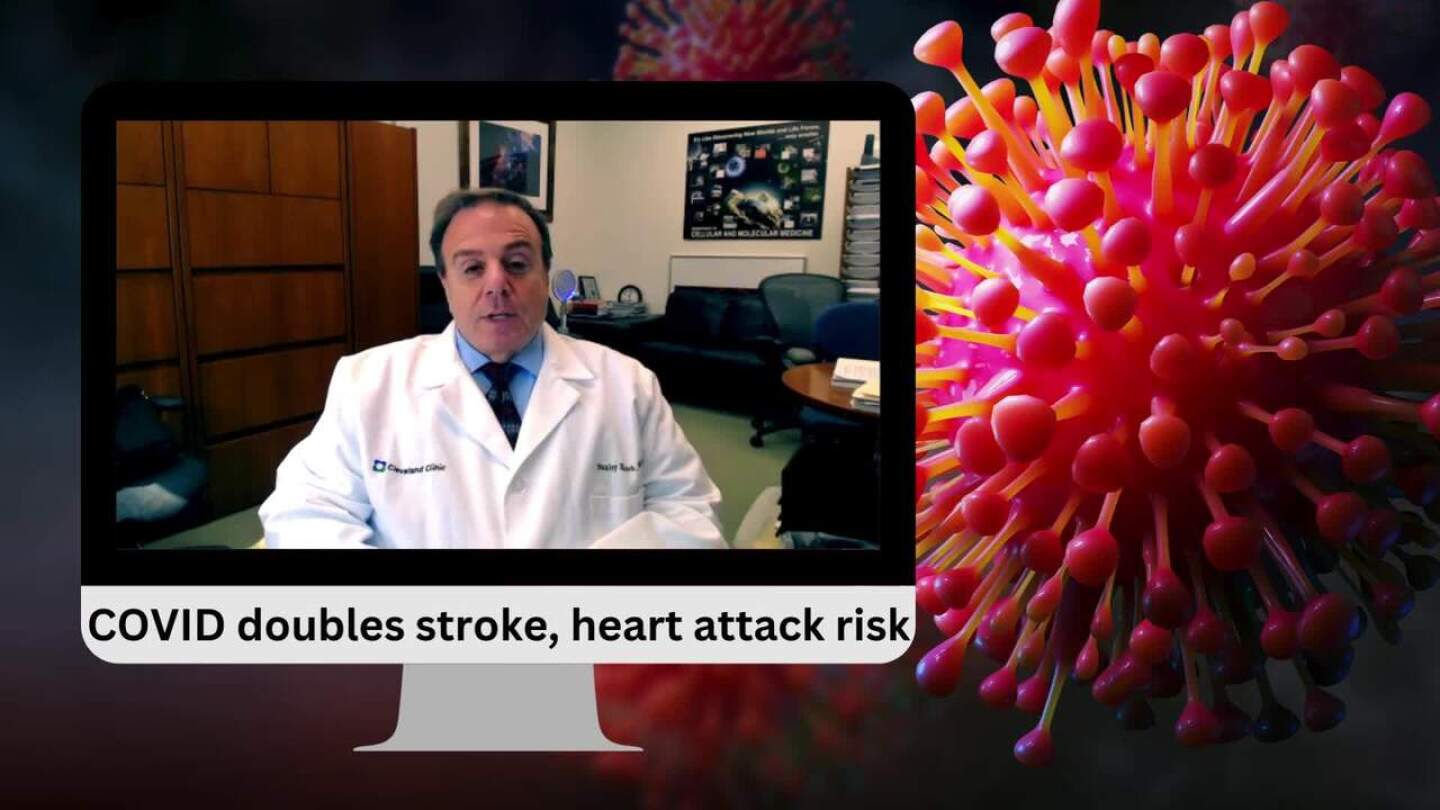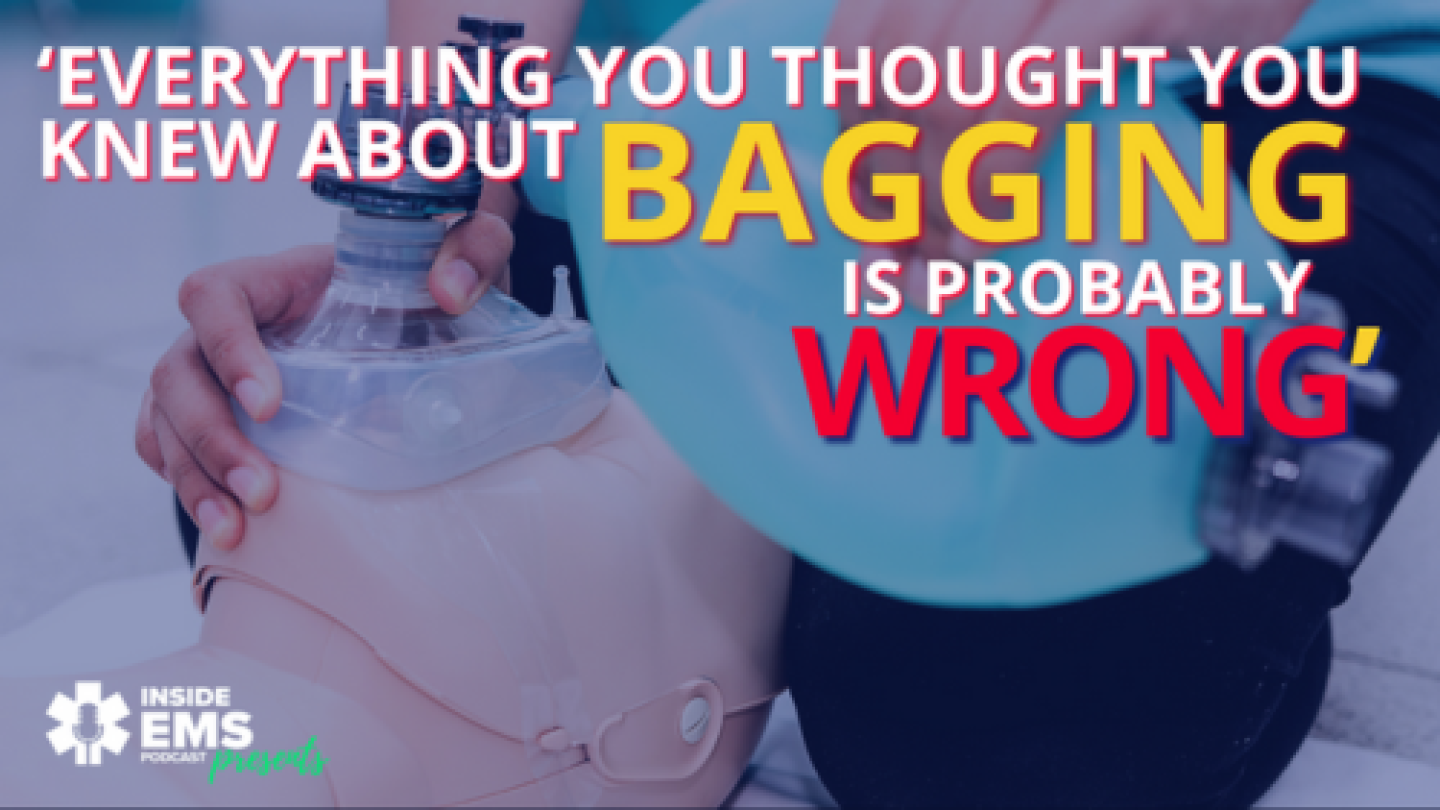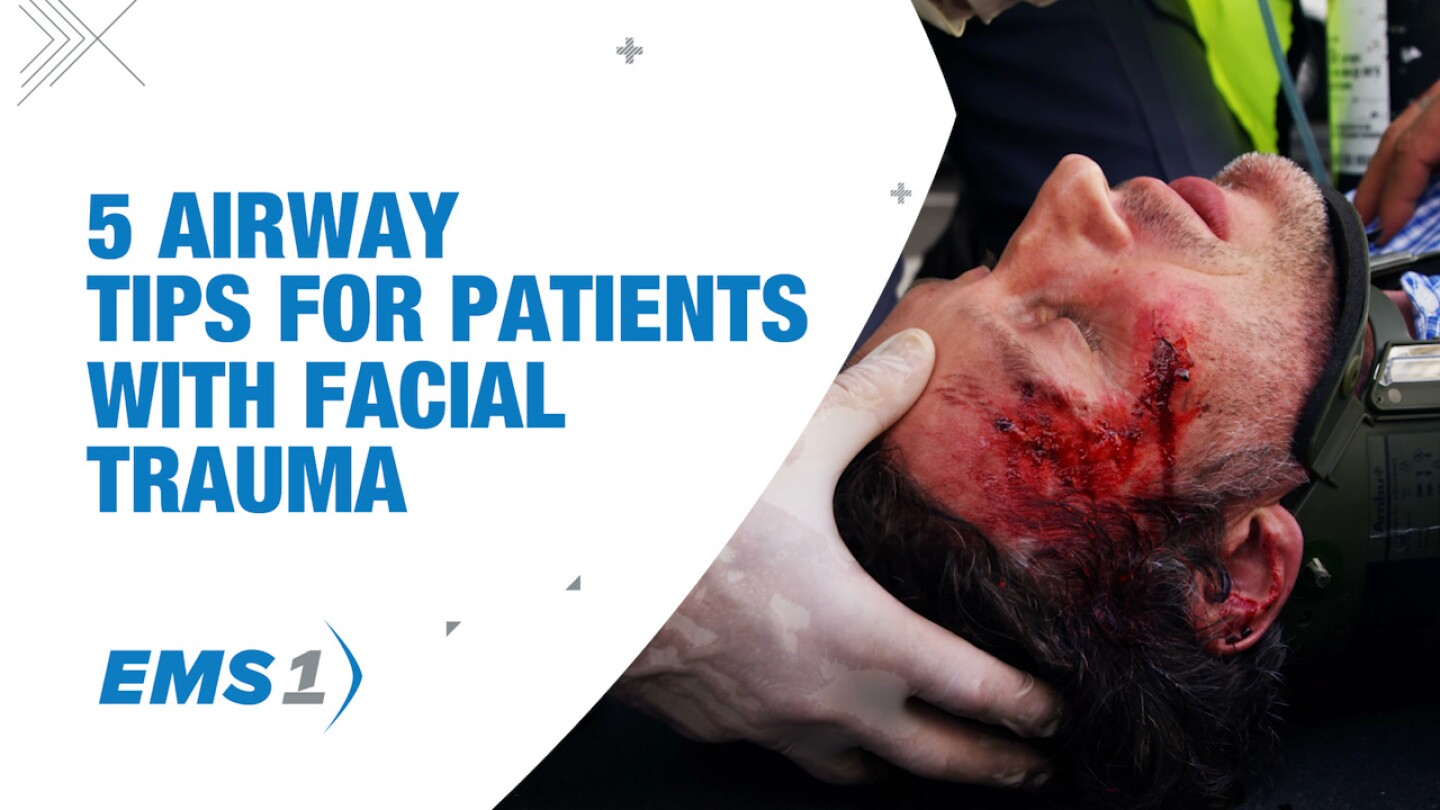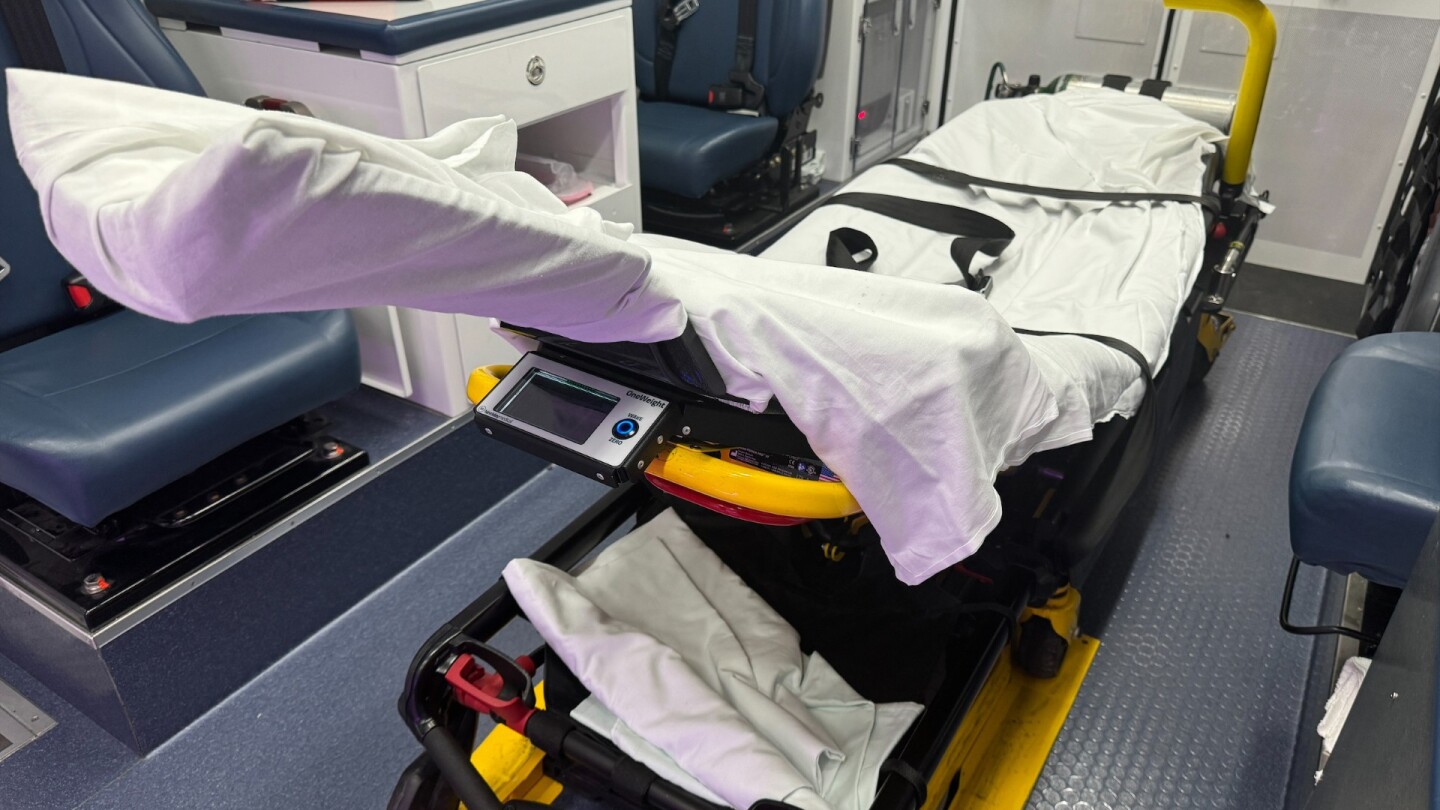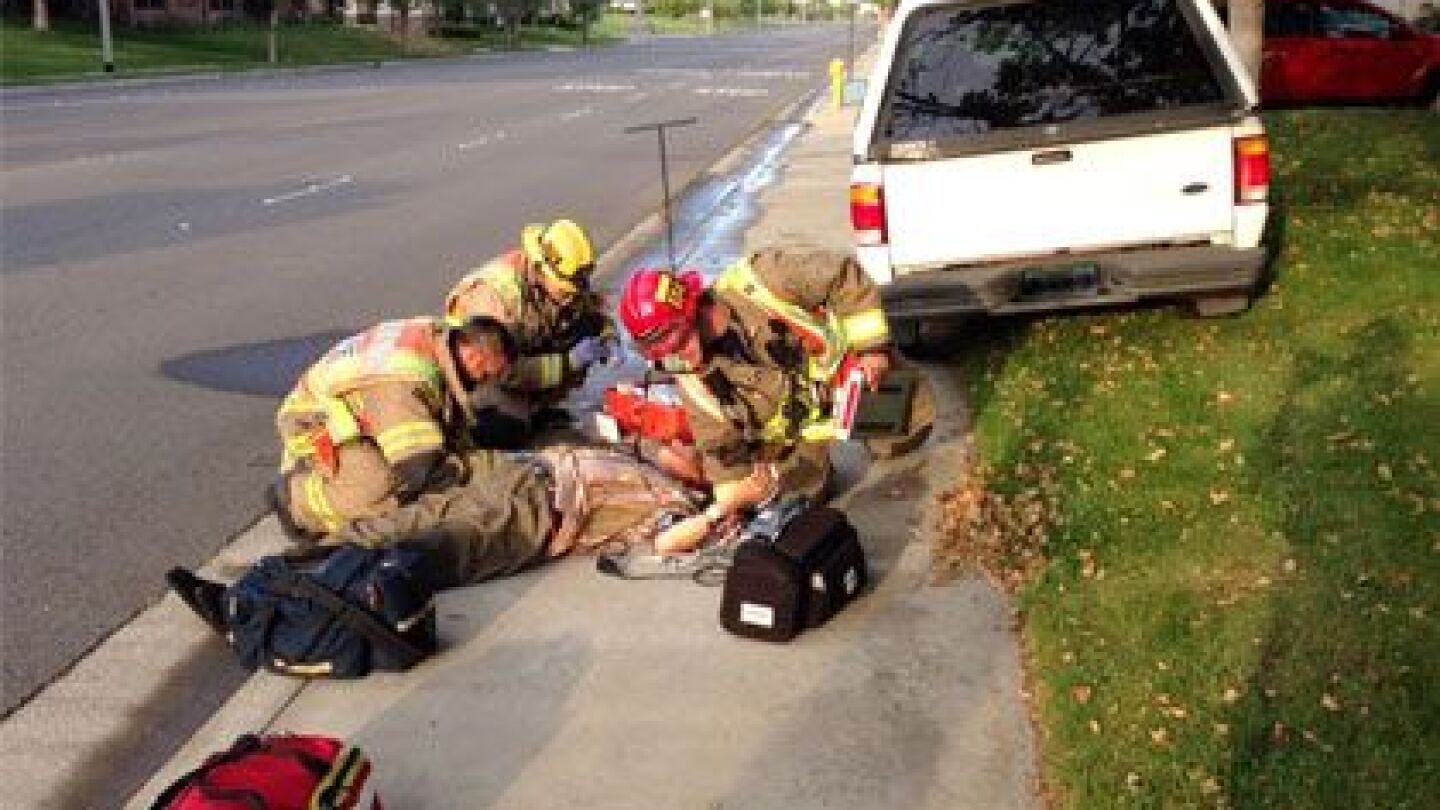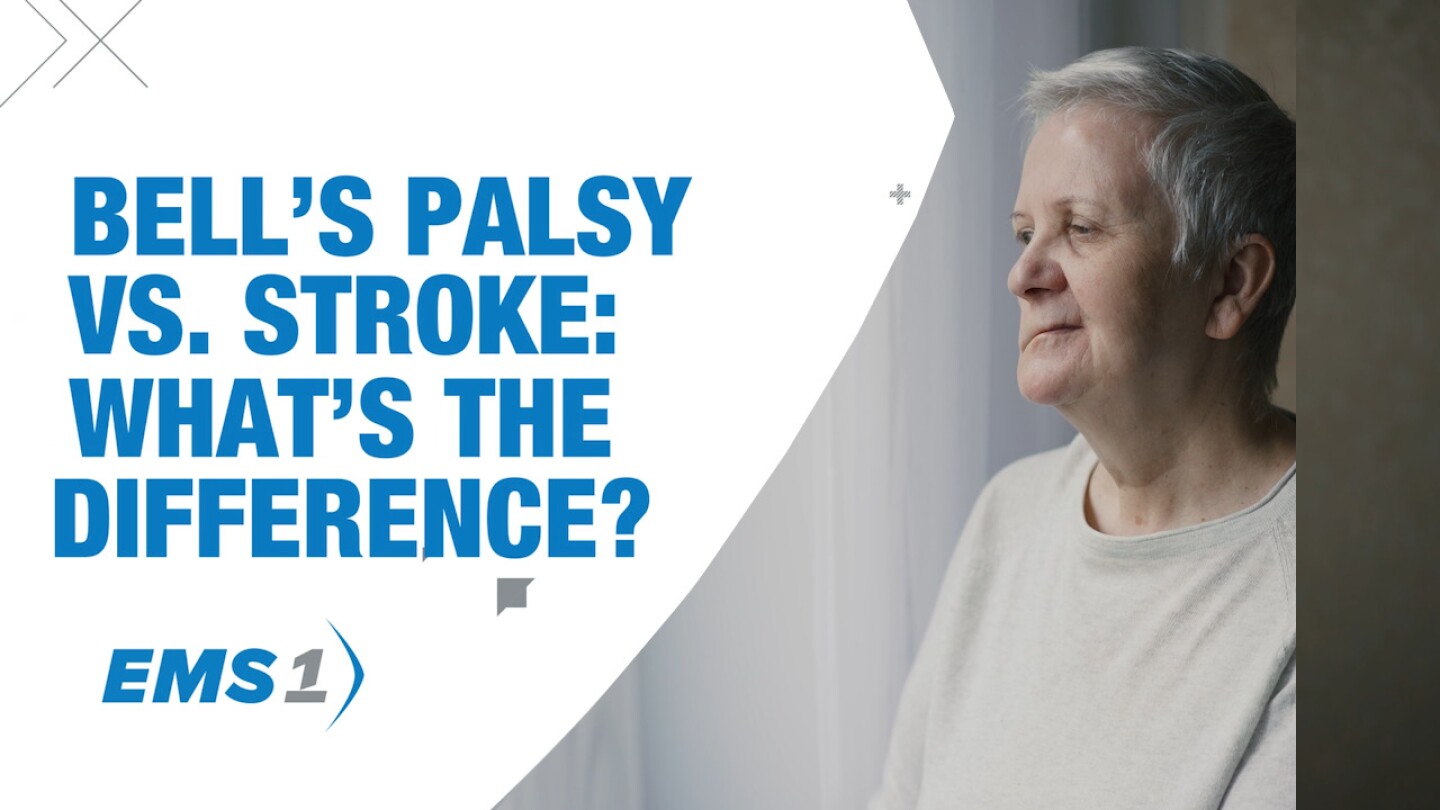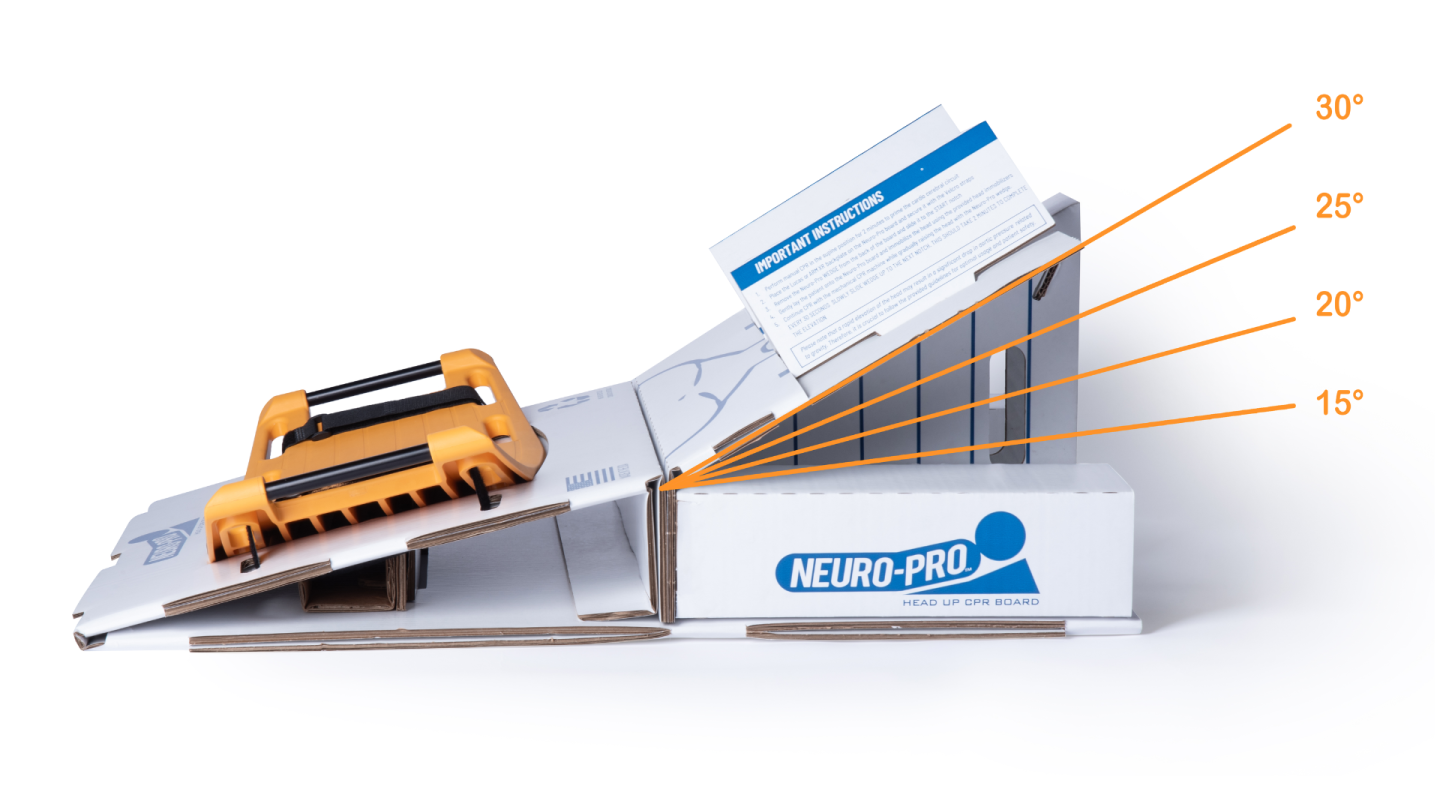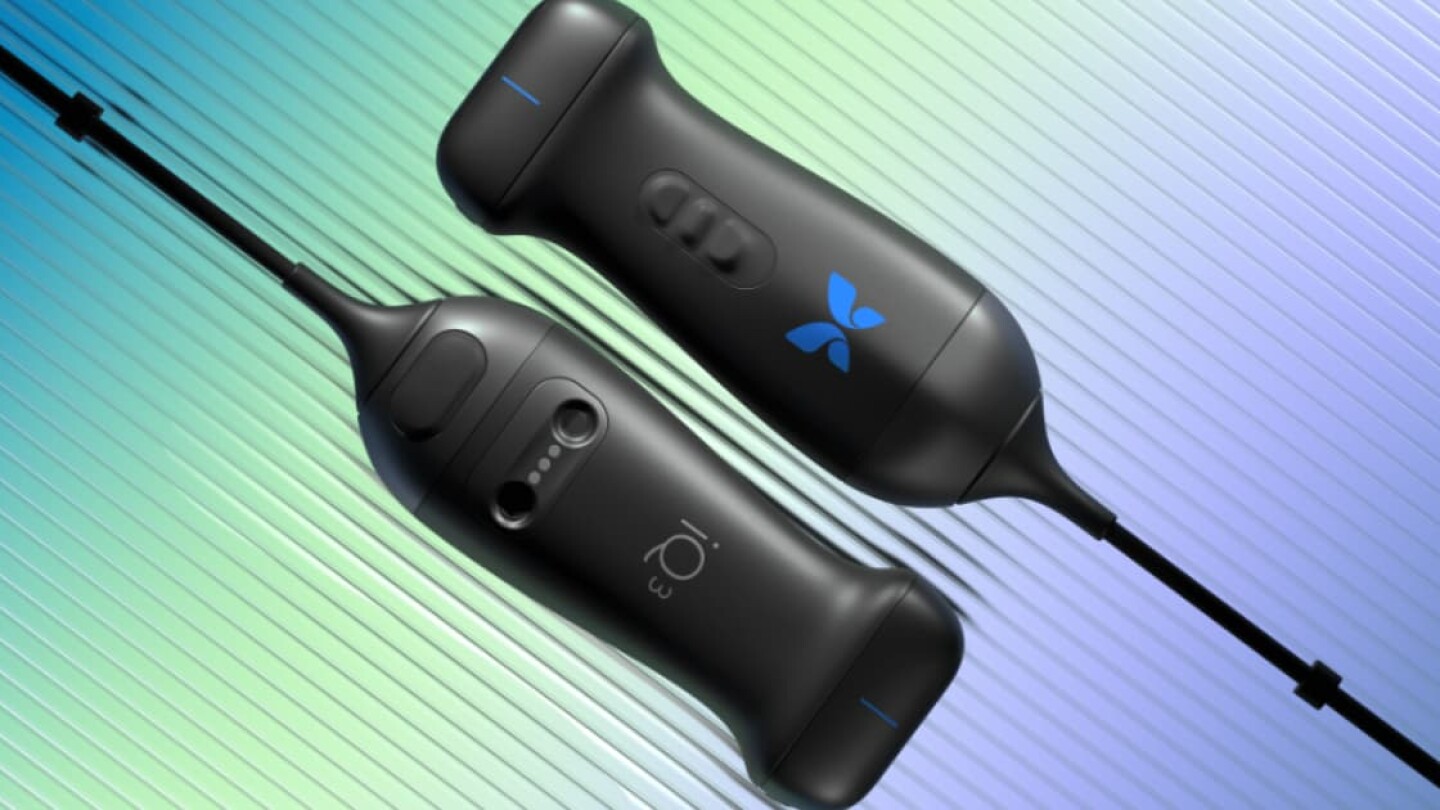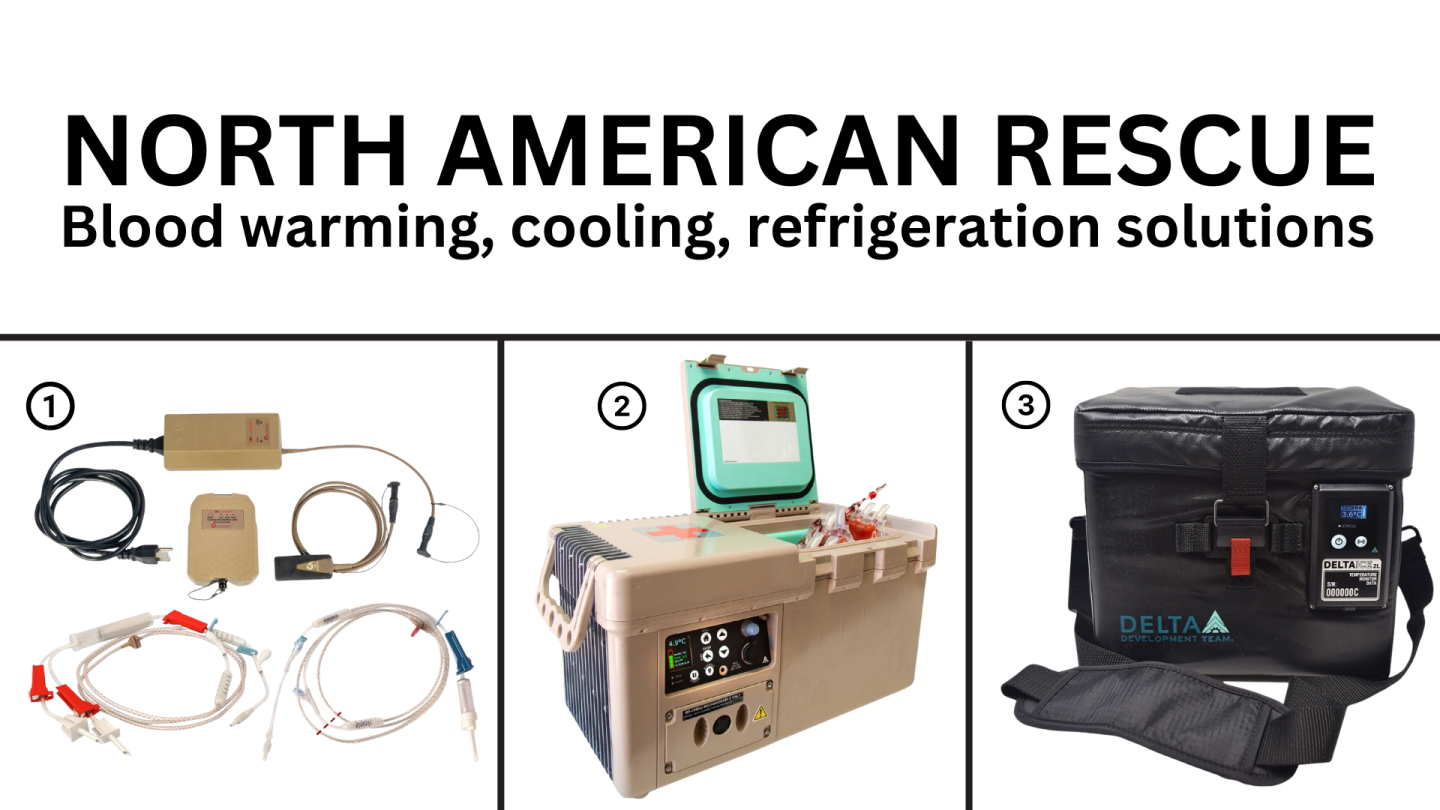Clinical
Access our directory of clinical articles in EMS, which offers in-depth information on patient assessment, treatment protocols, and emerging medical practices. This collection covers various clinical topics essential for EMS professionals, from advanced pharmacology to trauma management. Staying up-to-date with clinical knowledge is vital for delivering high-quality patient care. For additional resources, explore our section on Medical Research. Enhance your clinical expertise with our expert-driven content.
Hypothermic patients, multi-systems trauma and slippery scenes present difficult decision-making challenges for rescuers
Clinicians discuss the accuracy of the Broselow tape and what modern tools can support safer pediatric care.
Designating specific roles and other tips to make the hardest part of the job a bit easier
Communicating with law enforcement and following these clinical guidelines will help to keep patient safety first and foremost
In the right patient, with a solid understanding of the pharmacology and a plan to address potential side effects, ketamine can be an incredibly useful tool for EMS
What you need to know about Ozempic and other forms of semaglutide
The city’s EMS system has saved one life saved for every 3 days of the program, showing promising results
New study shows risk remains elevated for years after a COVID-19 infection, especially for those with certain blood types.
EMS and law enforcement collaborative training helps prepare responders to treat and monitor patients experiencing a constellation of symptoms
Are you over-ventilating your patients? Probably, says Kelly Grayson
You are on scene with a patient who is complaining of weakness. The vital signs your partner has given you are not very detailed. What are some ways to improve on those findings?
Diabetic emergencies come in a variety of types and causes, but the tools available to EMTs allow excellent evaluation and initial treatment of the patient
What are the most important things to remember when treating a patient with a history of diabetes?
You are on scene with a patient who has suffered significant facial trauma; what are some strategies to improve your ability to manage their airway?
You are on scene with a patient who has multi-system trauma; what tips can improve your physical exam of this patient?
You are on scene with a patient who is experiencing chest pain; what if the cause isn’t cardiac?
Use the ePCR to showcase your skills, knowledge and professionalism
The patient care report needs to clearly and consistently demonstrate that patients received good patient care
Steve has a couple of important tips for that ST elevated patient
OneWeight is the first patient scale specifically designed for use with ambulance gurneys
In patients with UGI tract hemorrhage, initiate early transport and, if the patient needs to be supine, use a lateral position to decrease the risk of aspiration
Mechanisms, roles and potential risk: What medics need to know about beta blockers
All EMS providers can still learn something about patient care and pain management from their mother
Register now for NHTSA Office of EMS webinar for latest updates on Mpox and its impact on EMS operations
Everything from outdated strips to poor timing can lead to wrong glucose measurements, but here’s how to reduce errors
Clinical, operational and legal solutions for high utilizers of the 911 system
What EMS needs to know about treating suicide attempts
Here’s a breakdown of differences in Bell’s palsy and stroke symptoms and prehospital care differences
Invented by a 30-year firefighter/paramedic, the CPR board uses gravity to improve blood flow to the brain and heart
The Butterfly iQ+, EchoNous’ KOSMOS, and GE HealthCare’s Vscan Air will be on display for conference attendees
View live demonstrations at the North American Rescue booth #2317 during the conference
Identifying significant GI problems and providing initial care may help improve the chances of recovery for patients who experience true GI emergencies
Does bolus dose epinephrine or phenylephrine have a role in the prehospital environment?
MOST POPULAR
- EKG Detective: Atrial tachycardia
- One for the Road: Restrain and sedate a patient during CPR?
- 4 real-world EMT scenarios to strengthen patient assessment skills
- Panic attack vs. anxiety attack? Here’s how to tell the difference
- Digital Edition: Prehospital trauma: Today’s tenets for triage, treatment and transport





